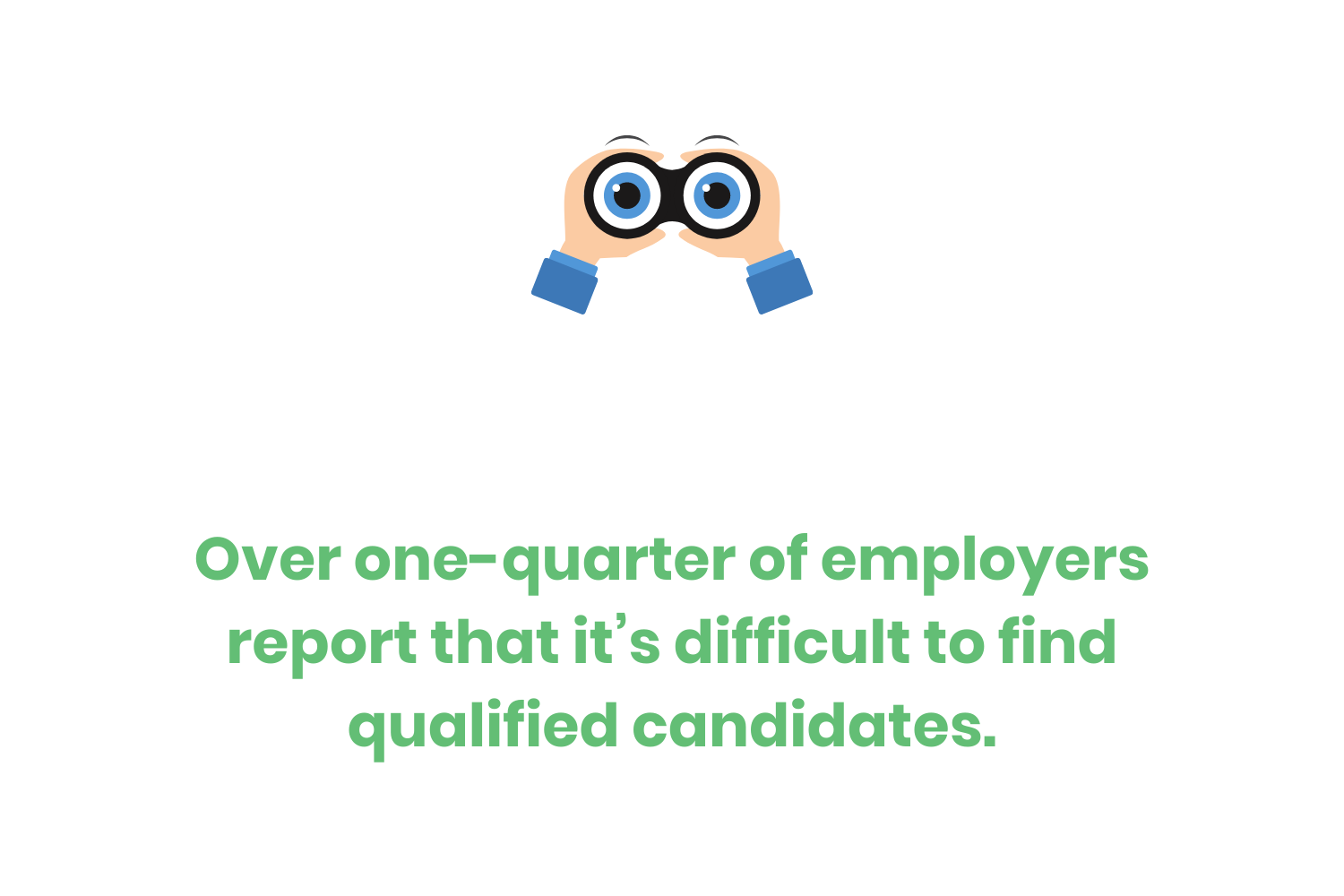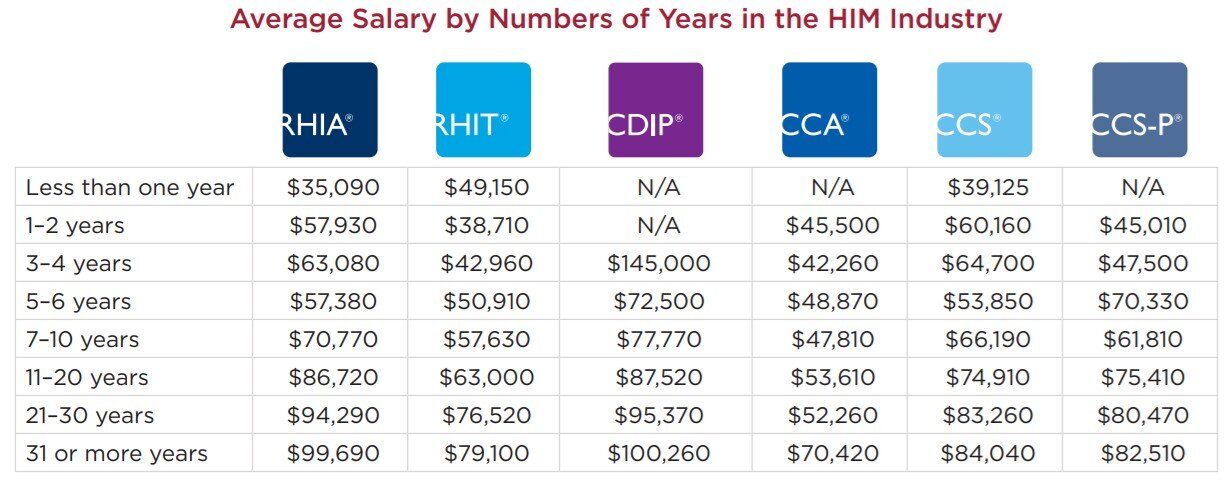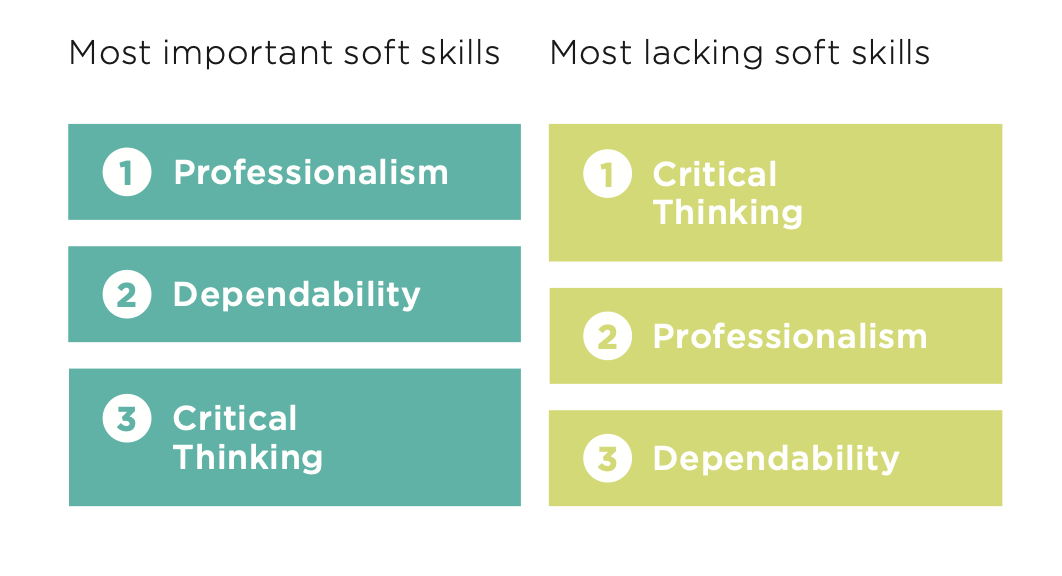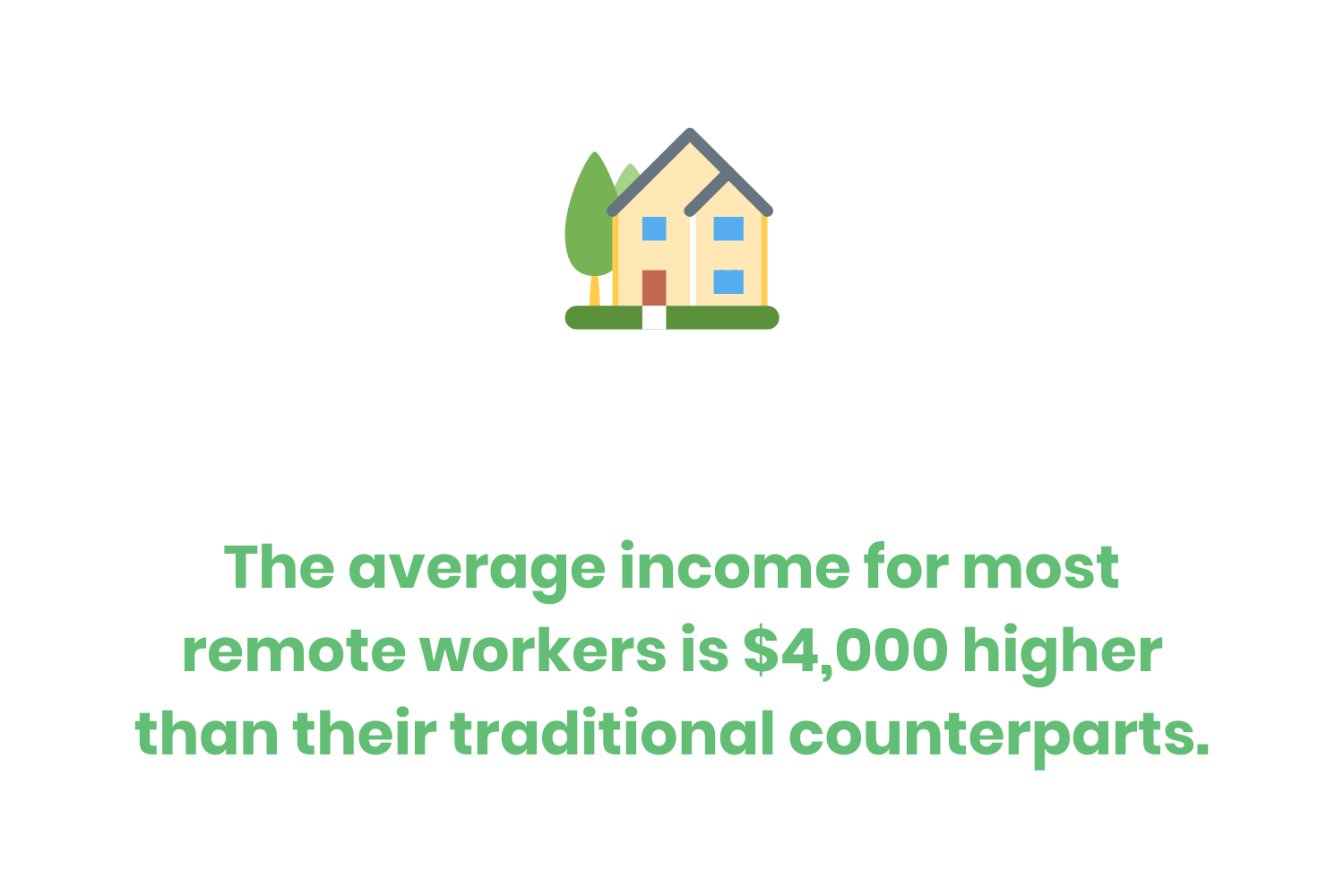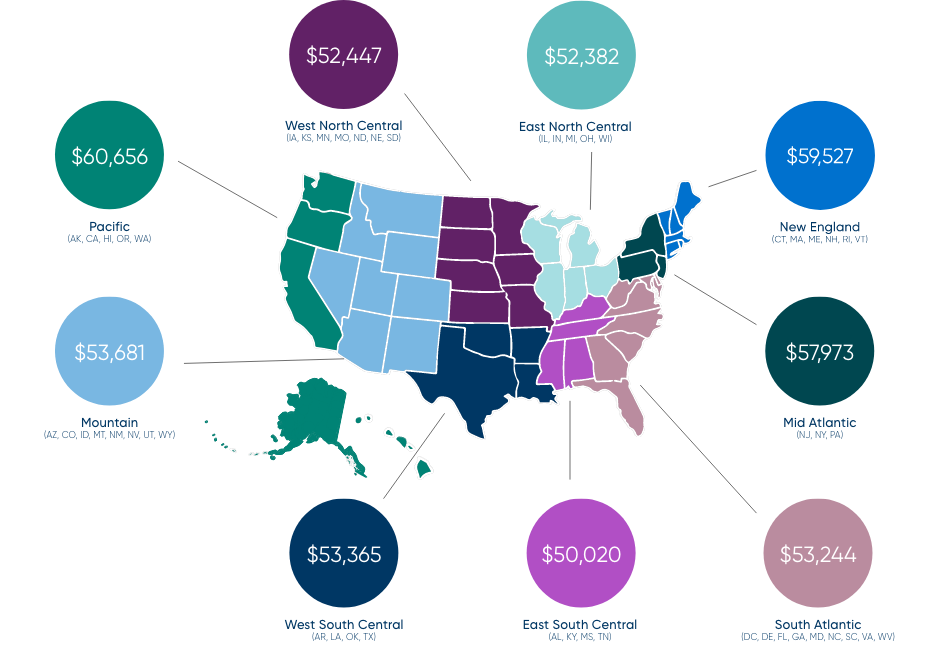If you’re like most people determining whether they should pursue a career in medical coding, you want to know how much you’ll get paid. After all, making money is important. In fact, over 70% of people want to hear about salary in the first message from a recruiter according to LinkedIn.
While money may not be your biggest motivation, it’s still something you’ll enjoy knowing ahead of time. So what factors influence your medical coding salary? Here are a few important variables to consider.
Table of Contents
Your Industry Bounces Back
Speaking of working from home, many people worked from home during the COVID-19 pandemic. How did the recent pandemic affect medical coders?
The healthcare industry declined about 16.5% during 2020. Even though many people were going to hospitals because of the virus, the majority of people couldn’t get dental care, pediatric care, non-emergency surgeries, and other medically related services. That’s why there was a decline in the industry despite the overwhelming volume of patients in hospitals.
Employment also declined. According to Chicago’s Becker Friedman Institute, people that had to interact with customers and colleagues face to face suffered the most.
Yet, medical coders can work from home, as mentioned above. Only about 6% of medical coders lost their jobs during the pandemic.
Even more impressive is that medical coders who had credentials remained at 98% employed.
This trend has lasted for over ten years. In other words, medical coders that have all their certificates and credentials weren’t affected by the pandemic at all.
Currently, the medical industry is back up in employment. The industry as a whole has recovered 40%, leaving about 10% of people in the medical industry unemployed.
Some States Trend, Others Decline
In a post-pandemic world, where many people can return to a semblance of normalcy, some states are recovering better than others. The coding and billing industry is recovering as well, but not all segments of the industry are recovering at the same rate. So what are the better states to live in if you are a medical coder?
The average salary decrease for coding and billing staff across the United States is 2.9%. 36 states had a salary cut in the medical coding field. Out of these 36 states, some saw less of a loss and some saw more. 16 states saw a salary cut of more than 2.9% whereas 20 states saw a salary cut less than the country's average.
On the bright side, 16 states saw a salary increase! So what are those 16 states? They include Ohio, West Virginia, Vermont, Massachusetts, and Mississippi. Below is a chart, provided by AAPC, that showcases the salary changes concerning the -2.9% average.
via AAPC
Roughly 30% of U.S. coding and billing staff had their salary cut more than the average 2020 amount. But 70% of medical coders and billers fared better. This means that the medical segment of coding and billing did better than other segments of the industry.
A Booming Industry Leads to Boosted Wages
Some people actually believe that this is a dying career. However, the medical records industry is expanding. To be specific, the Bureau of Labor Statistics states that jobs in this area should grow by 11% within the next ten years.
To fill all those empty job spots, healthcare companies need to pay candidates well enough to attract them.
According to over 1,800 reported salaries on Indeed, the average income for an entry-level medical coding job is $43,980 per year. This number is higher than the average income in the United States.
Certifications Make it Rain
One of the most attractive aspects of becoming a medical coder is that it doesn’t require extensive education. It’s one of the only healthcare jobs that doesn’t need decades of schooling or hours in clinicals.
But what if I told you that getting only one extra certification could make almost a $10,000 difference in how much you get paid? You might think that’s impossible but people who venture into this field achieve it.
By receiving one certification, your average salary could jump to $51,426 according to the AAPC.
If you realize the value of pursuing certificates in this field, you’re not alone. Study groups exist across the web exist where you can get help from other professionals. One Facebook group has almost 4,000 members! Maybe you’ll even be able to get a used book from one of them.
Specialize to Get More Bread
Once you’re a medical coder you can go many different routes in your career. One of the best ways to grow is by specializing in your craft. The thing with this career is that there are different coding organizations. The two main organizations are…
The American Association of Professional Coders (AAPC)
The American Health Information Management Association (AHIMA)
Each organization offers different specialties and has specific requirements. But regardless of where you go, understand that specializing is the right move.
As a reference, below are the average salaries for different routes you could take…
Certified Coding Specialist (CCS) - $61,379 per year
Certified Outpatient Coder (COC) - $59,129 per year
Certified Documentation Expert Outpatient (CDEO) - $69,029 per year
Certified Risk Adjustment Coder (CRC) - $61,295 per year
One of the most sought-after specialists is those with Certified ASC Coder (CASCC) Credential. The demand for this type of specialist continues to grow for a variety of reasons including increases in…
Outpatient migration
Reimbursement
Approved procedures
Overall interest in the Ambulatory Surgery Center model
Even with demand increased for specialist coders, though, over one-quarter of employers report that it’s difficult to find qualified candidates.
Catching Errors Bring The Benjamins
The unfortunate reality is that errors happen often within this industry. These lead to less money for the healthcare organization to collect. If they happen often enough it could even lead to fraud accusations and lawsuits.
The responsibility to catch those errors, of course, lands on the lap of the organization’s coding team. If you happen to be a member of that team and you catch errors consistently, you’ll experience an increase in your wages over time.
Errors cost healthcare organizations a ton of money. By catching them, you’ll transition into one of the best coders on the team.
Experience is a Factor
It doesn’t matter what industry you decide to pursue a career in. Experience plays a role in how much money you make, it’s a universal truth.
Do rookie, superstar athletes get paid their highest salary, right out of college? No. They need to prove their skills before getting that massive contract.
Of course, you don’t need to have any physical prowess to make a higher medical coding salary. But the concept is no different within this space. Your experience has an impact on your salary, regardless of your specialty.
According to AHIMA, the average salary of a CCS should increase by 21% after at least 6 to 10 years of experience.
Soft Skills Standout
Like any career, hard skills matter when it comes to daily tasks while soft skills determine what makes a good candidate.
A recent survey asked employers what they thought were the most important soft skills for medical coders to possess. They determined that the majority of their candidates lacked professionalism, dependability and critical thinking skills.
Each of those skills have a direct impact on the hiring organization…
Professionalism makes the patient experience easier and improves company morale
Dependability assures that the practice receives payment from insurance companies
Critical thinking helps the entire process run smoother
There’s a lot of grey areas within this field and soft skills are the difference between a good coder and a great one. Maybe consider adding these skills to your resume.
Transferability Lead to More Opportunities
Let’s say you recently received your certification (congratulations). Does that mean you’re going to work in the same sort of position for the rest of your life? No.
According to The Washington Post, less than one-third of college graduates have a job that’s related to their major.
Sure, a medical coding certification isn’t a college degree. That doesn’t mean that that statistic isn’t related.
Let’s say you land a medical coding job only a couple of days after getting your certificate. After a few months, you realize that you’re not as passionate about the work as you thought you’d be. While you’ve held the position you picked up a lot of first-hand knowledge about the Health Insurance Portability and Accountability Act (HIPAA).
You realize that the organization you work for has some holes in its HIPAA compliance environment. As a result, you pursue a compliance certification and make a position change in the organization. You’re now the compliance officer.
The point I’m trying to make is that people change their positions throughout their tenure. On the job, they learn that maybe they weren’t a good fit for what they applied for and switch. Medical coders acquire transferable skills in their careers. As a result, it’s easy to switch to positions that make more dough.
Working Remote Has No Negative Effect
Outside of the small barriers to entry, another huge perk of being a medical coder is that you don’t have to come into the office every day. In fact, it’s becoming commonplace for coders to work remotely.
While your working in your favorite pair of pajamas, you won’t have to worry about losing out on salary opportunities.
In fact, statistics show that telecommuters make more money than those who come into the office. Specifically, the average income for most remote workers is $4,000 higher than their traditional counterparts.
If you’re already a remote coder and aren’t making $4,000 more than your coworkers, don’t demand a raise from your boss. Take that statistic with a grain of salt, it’s an average across all industries.
The point I’m trying to make is that you can work remotely indefinitely without worrying about financial consequences.
Your Type of Employer Matters
What’s most unique about getting a job in medical coding is that where you work matters. You can get paid more or less depending on the type of healthcare company you’re representing.
The good news is that there’s no shortage in places of employment. As a coder, you can work at…
Payor organizations
Ambulatory Surgery Centers (ASCs)
Inpatient and Outpatient Hospitals
Home Health Facilities
Long-Term Care Facilities
Healthcare Practices
The bad news is that each type of organization pays differently. In 2010, AAPC published a survey evaluating coders about their wages. They found that non-certified coders working at ASCs received the highest average salary at $48,750. Meanwhile, home health facilities paid the least at $24,167.
Different Locations Make More Dough
This is the least surprising factor that affects medical coding salaries. How much you’ll make is dependent on where you’re employed.
When evaluating what states pay more, statisticians evaluate the United States by groupings…
Pacific
Mountain
West North Central
West South Central
East North Central
East South Central
Mid Atlantic
New England
From there, they’ll take the average income of each region. AAPC calculated these averages by region and found that the highest paying location for a medical coder is the region Pacific at $60,656.
With that number in mind, it’s important to understand that you shouldn’t just pack up your bags and move as soon as possible.
The reason why the Pacific reason pays the most money is directly related to those states’ cost of living. As an example, in order to live comfortably in Hawaii, you need to make at least $122,000 per year.
Conclusion
There hasn’t been a better time in recent memory to make a good medical coding salary.
First, the industry’s begging for more coders to make sure everything runs as it should. There’s no denying that Baby Boomers are an aging population. Healthcare will have their hands full with that generation for many more years to come.
Second, you can sprint up the corporate ladder as a coder by pursuing certifications. Getting only one accreditation makes a huge difference in the eyes of employers. Other coders realize this and established helpful study groups across the internet.
Third, you can work anywhere and make more money than you would if you came into the office every day. Working in a personal office has never been a more attractive option.
Finally, if you decide to be a full-time remote coder you can work for any organization. If money’s important to you, choose to work for one of the higher-paying places.
If you’re resourceful, pursue working for a healthcare company in Hawaii. As a coder, you don’t have to live there. You could be clear across the world on the US mainland and still get your work done. That way you won’t have to worry about a high cost of living, especially if you’re in a different state.






